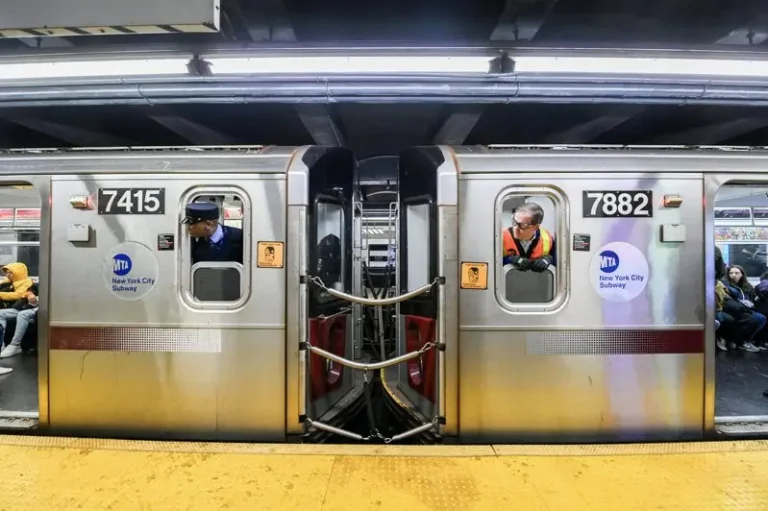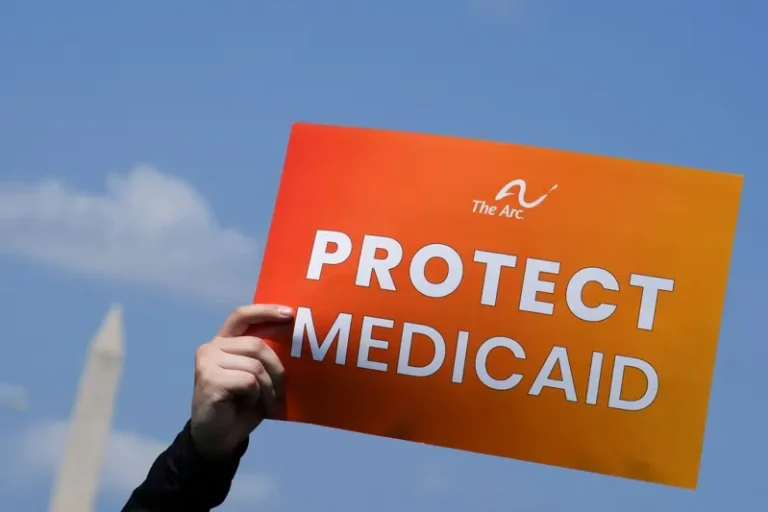
Data shows that approximately 930,000 people in New York State have lost their Medicaid eligibility over the past two years. This trend reflects a nationwide trend of benefit withdrawals following the pandemic. Experts predict that the uninsured population may rise further in the future due to the impact of the Big Beautiful Bill.
According to KFF, a nonprofit health policy research organization, Medicaid enrollment in New York State is projected to drop from 7.51 million in March 2023 to 6.58 million in March 2025, a decrease of approximately 12%. While this is smaller than the declines of over one million in Texas and Florida, it still puts nearly one million residents at risk of losing their health insurance.
During the pandemic, many states expanded Medicaid coverage under the Affordable Care Act (ACA), and federal regulations prevented states from disqualifying beneficiaries due to rule changes. Starting in March 2023, federal regulations were relaxed, allowing states to initiate the withdrawal process. New York, which also expanded its coverage, saw a lower overall reduction in lapses due to a higher rate of automatic renewal (ex parte renewal), but the national trend of lapses continues.
Experts point out that while some people who lose coverage may be able to find alternative insurance through their employers or by purchasing other options, many low-income individuals risk losing coverage entirely. Delaying medical care not only exacerbates chronic illnesses and mental health issues but also increases the burden on hospitals for uncompensated care.
According to the “Big, Big America Act” plan to cut Medicaid, an estimated 1.5 million New Yorkers will lose their health insurance, resulting in a $13 billion loss to the state’s healthcare system alone. Furthermore, the bill’s increased paperwork and eligibility requirements will result in a significant number of beneficiaries being “technically discontinued” due to procedural barriers, with the elderly, low-income households, and recent immigrants being particularly vulnerable.
New York State Health Commissioner Dr. James McDonald issued a statement warning that the bill’s passage poses a serious threat to the health and well-being of New York residents. “This scale of lapses not only jeopardizes the stability of healthcare institutions but also deprives families, children, the elderly, and individuals with disabilities of protection.” He said the health department will continue to assess the impact and do its best to mitigate the impact.







